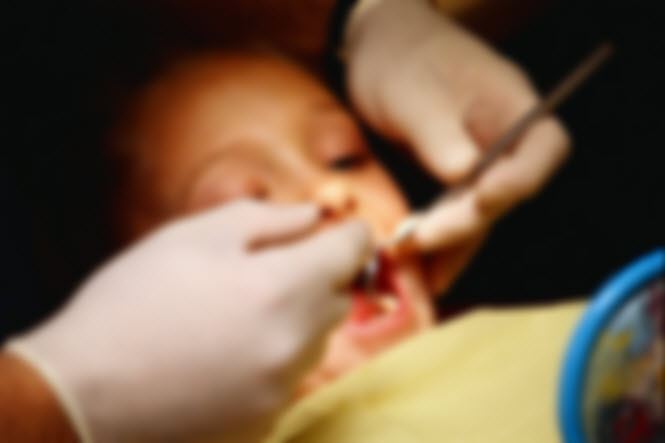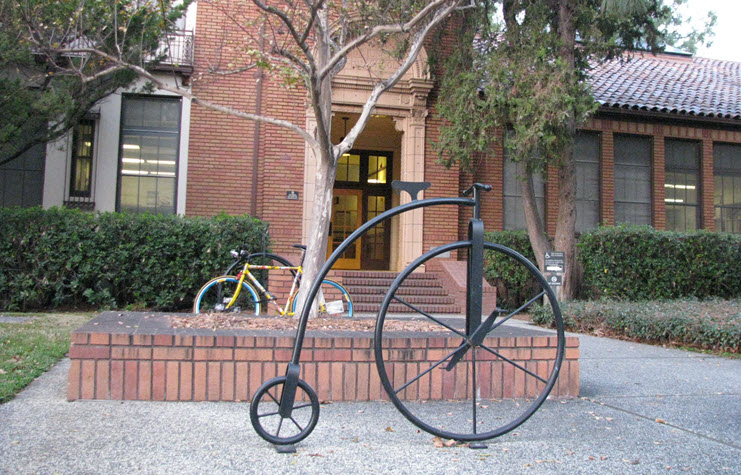 By Tia Will
By Tia Will
In the wake of the decision not to pursue water fluoridation, alternatives are being sought which focus on those identified as the most needy. Sound public health practices would include policies that positively affect as many of the vulnerable as possible.
So far, this consideration seems to have been focused in Davis on underserved preschool and school aged children. However, is this really the only population that should be considered ? A couple of recent articles suggest that this may be too narrow a focus.
One front page article on the Davis Enterprise on 10/9/13, “Services for seniors are lagging” highlights inadequacy of provision of food and care to our county’s increasing number of seniors.
The report commissioned by the Yolo Healthy Aging Alliance found a number of gaps in services to seniors including Meals on Wheels and the termination of the Prevention and Early Intervention program which included home visits and assessments to prevent health, mental health and other problems associated with social isolation.
These findings combined with the universally accepted reality that the population of Davis is increasingly comprised of adults nearing or past retirement age would seem to indicate that focusing on school aged children is not an adequate approach to community needs.
A second recent article by Jen Christensen writing for CNN focuses on inadequacies in dental health care insurance. She notes specifically that the ACA does not cover dental health care for adults and that < 2% of retirees have dental health care insurance.
I recently discovered the personal limitations of even the best dental health care insurance available. It does not cover orthodontics, even when a medical necessity, not cosmetic, for those of us over age 18.
So when considering the costs of dental care for out adult population most of us of retirement age are vulnerable to costs of around $ 300-350 per filling. Extraction of a single tooth can cost $75 -300 for a simple extraction, $150-650 for a surgical extraction, and $1000-3000 for a wisdom tooth extraction.
These costs are frequently prohibitive for those of our seniors living on fixed incomes or for those who are employed in positions for which dental coverage is not a benefit , estimated to be about ½ of all workers.
These individuals frequently have no recourse but to use the Emergency Room as their provider for dental needs since they cannot be turned away. According to the ADA in a publication on July,2013,
“The number of dental emergency room visits in the U.S. increased from 1.1 million in 2000 to 2.1 million in 2010, according to the National Hospital Ambulatory Medical Care Survey”. This is a preventable cost that is born by all of us since these are frequently visits that could be avoided by preventive care.
So what would I propose? I would suggest that we first not assume that we know what is needed or what will be most cost effective given the October 1st decision.
I would suggest that prior to deciding how to raise funds or how much money is needed that we commit as a community to performing a needs assessment. Only once we have identified where the true needs of our community lie will we be able to make logical decisions about how to address these needs.
Questions of cost and how to raise funds to address the identified needs should be a secondary process after the primary needs assessment. This is the mechanism for moving forward that I see as most effective and what I will be proposing to our CC members and to any working group that is charged with addressing this issue.






[i]I would suggest that prior to deciding how to raise funds or how much money is needed that we commit as a community ti performing a needs assessment.[/i]
I agree 100%.
Speaking with one of the council members yesterday this was exactly suggested. I personally will be meeting with one or two other leading opponents of water fluoridation to discuss options for fund-raising. Early funds pledged should be used for this and for a needs assessment. We cannot adequately design a solution to a problem without knowing exactly what that problem is. At this point it is clear that we do not know.
One comment…
Only recently has the issue of senior’s dental care been presented in this debate in support of water fluoridation. Previously the focus had been exclusively children. I think we have to be careful in managing the scope of a care solution. Treating children’s teeth to prevent cavities and deal with tooth decay seems substantially more feasible than would be a solution dealing with the more complicated dental problems of seniors. Of course I am not a dental professional, and as medwoman indicates, we don’t know the actual scope of need in Davis. So maybe it is perfectly feasible to include this demographic into the scope of care that could be provided. In general we do not want a strive for perfection to be the enemy of the good. Let’s first focus on accomplishing what we can primarily to offset the lack of fluoride in water.
Frankly
[quote]Only recently has the issue of senior’s dental care been presented in this debate in support of water fluoridation.[/quote]
I must take partial responsibility for not stressing the needs of other members of our community. I felt at the time merely stating that my concern was the health of the entire community would make this, and my concern about the vast majority of the population from age 18 on who do not have meaningful dental insurance, clear.
I can now see that it did not. But now that the opportunity that I favored has passed, I think it needs to be made very clear that the economically disadvantaged children are not the only ones at risk, and may even not be the largest group costing us far more than would be needed if we were to focus on prevention instead of cure.
It was a sad day when I had to choose between replacing my own crown (and I had Delta Dental insurance) or removing 2 of my labrador’s teeth. I chose the vet bill because my dog was in more pain.
[quote]It was a sad day when I had to choose between replacing my own crown (and I had Delta Dental insurance) or removing 2 of my labrador’s teeth. I chose the vet bill because my dog was in more pain. [/quote]
That’s life, we all have to make choices. Some make choices to have cable tv, $100/month Iphones, Starbuck’s coffee, etc. in place of other necessities.
“Some make choices to have cable tv, $100/month Iphones, Starbuck’s coffee, etc. in place of other necessities.”
I don’t think that’s very accurate. Most of the poor people I know have old phones with cracked screens on a prepaid plan.
It’s not necessarily about poor people David, many people of middle class means also have to make the same choices daily.
GI
[quote]“Some make choices to have cable tv, $100/month Iphones, Starbuck’s coffee, etc. in place of other necessities.” [/quote]
Yes, and some people have to choose whether or not they want to have one or to dressage horses. As someone who is fortunate enough not to have to choose between essentials, I don’t have any envy or concern about those who are choosing between luxuries. I have an entirely different view about how our society should respond to those who are having to choose between necessities.